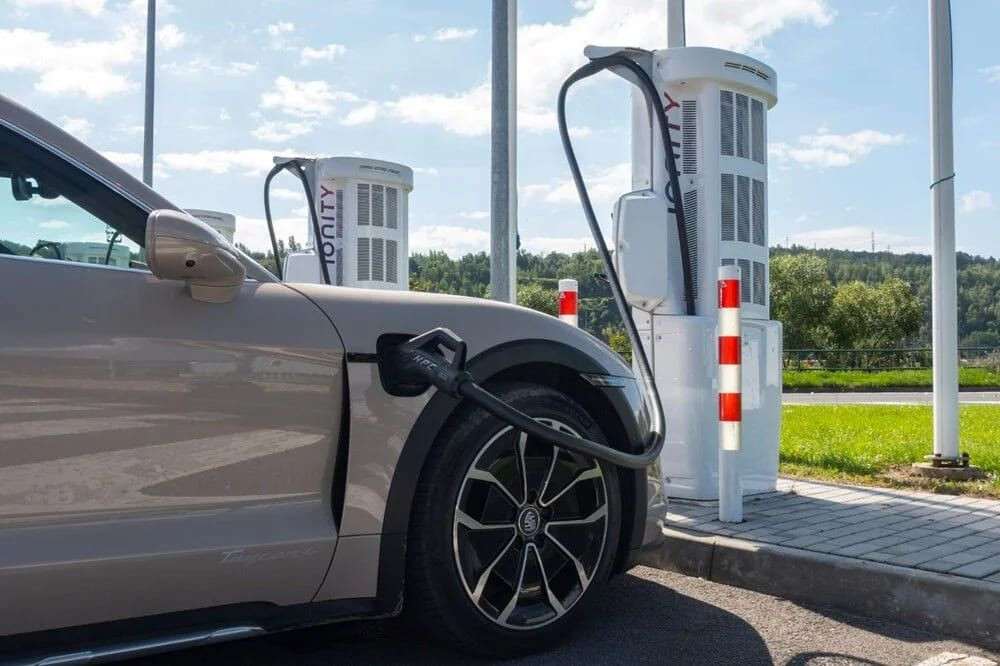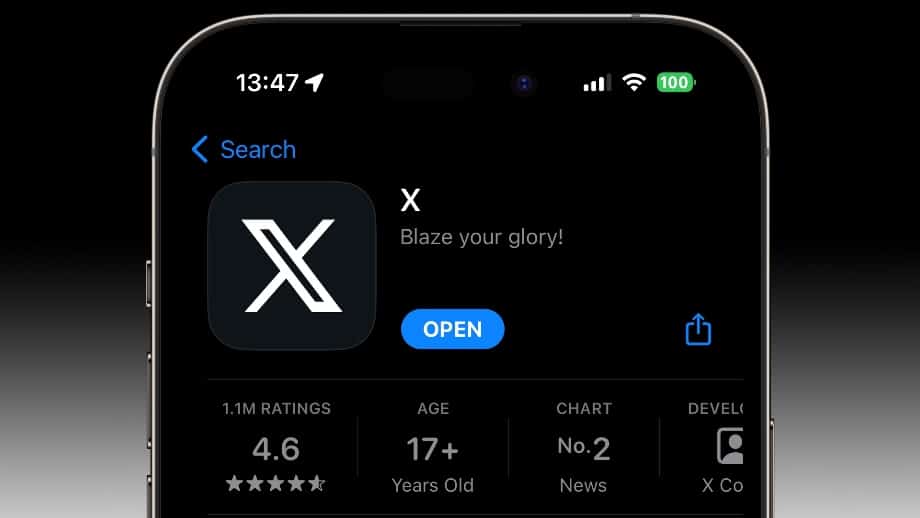Electric Cars Still Face Hesitation Among Americans, with Some EV Owners Returning to Gas

A recent study suggests that the majority of Americans do not have immediate plans to purchase an electric car. Additionally, another study indicates that those who do opt for an electric vehicle frequently follow it with the purchase of a gasoline-powered car.
While electric vehicles continue to grab attention with new models entering the market, a majority of Americans remain uninterested in abandoning gasoline. According to a recent Yahoo Finance and Ipsos poll, 57% of respondents indicated that they are unlikely to opt for an EV for their next vehicle purchase. This study encompassed both fully electric cars and plug-in hybrids, which offer extended electric range compared to conventional hybrids.
In a recent survey, the majority of respondents expressed their likelihood of adopting electric vehicles. Specifically, 36% stated they were “not at all likely” to switch to EVs, while 21% indicated they were “not too likely.” On the other hand, 31% of those surveyed expressed their willingness to consider buying an EV.
The primary deterrents for potential EV buyers mirror common concerns found in such surveys, including high vehicle costs, limited driving range, and inadequate charging infrastructure. The study also underscored a notable political divide among those interested in EVs, with 41% of Democrats expressing a desire to purchase an EV, compared to only 17% of Republicans.
Interestingly, even after individuals make the transition to electric vehicles, they don’t always remain steadfast in their commitment. According to a recent analysis by S&P Global Mobility, a significant portion of households that own EVs subsequently opt for gasoline-fueled vehicles. In the broader market, 52.1% of EV-owning households (excluding Tesla’s exceptional loyalty figures) choose another EV for their next vehicle, meaning nearly half opt for a different option.
The next vehicle could serve as a replacement or an additional car. It’s logical for consumers to own both an Electric Vehicle (EV) for daily short trips and an Internal Combustion Engine (ICE) vehicle for long-distance journeys.
Automakers are investing heavily in EV development to prevent EV owners from reverting to ICE vehicles, as stated by Tom Libby, Associate Director at S&P Global Mobility.
For Tesla households, which make up most EV owners, the preference is remarkably high at 76.7% for buying another EV, contributing to an average loyalty rate of 72.6% in the luxury EV segment. In contrast, Porsche and BMW have lower loyalty rates of 36.8% and 45.9%, respectively. Despite challenges, EVs are gaining traction, with US EV sales rising for 13 consecutive quarters according to Cox Automotive. The US is also on track to surpass 1 million EVs sold in a single year for the first time.




